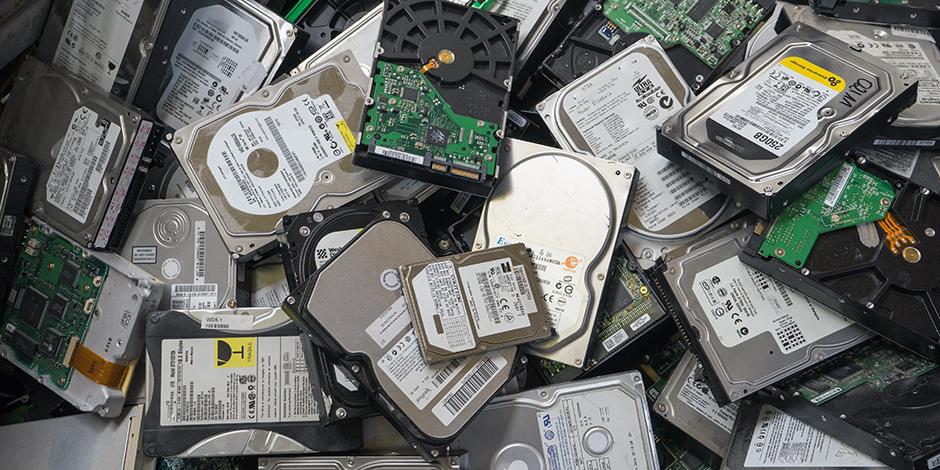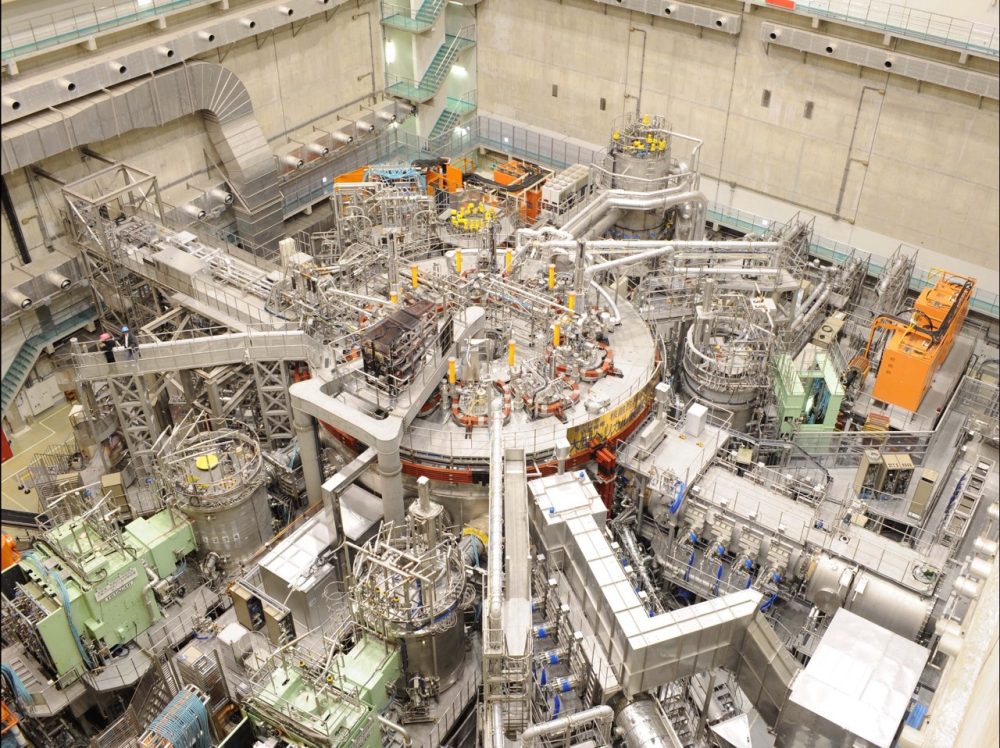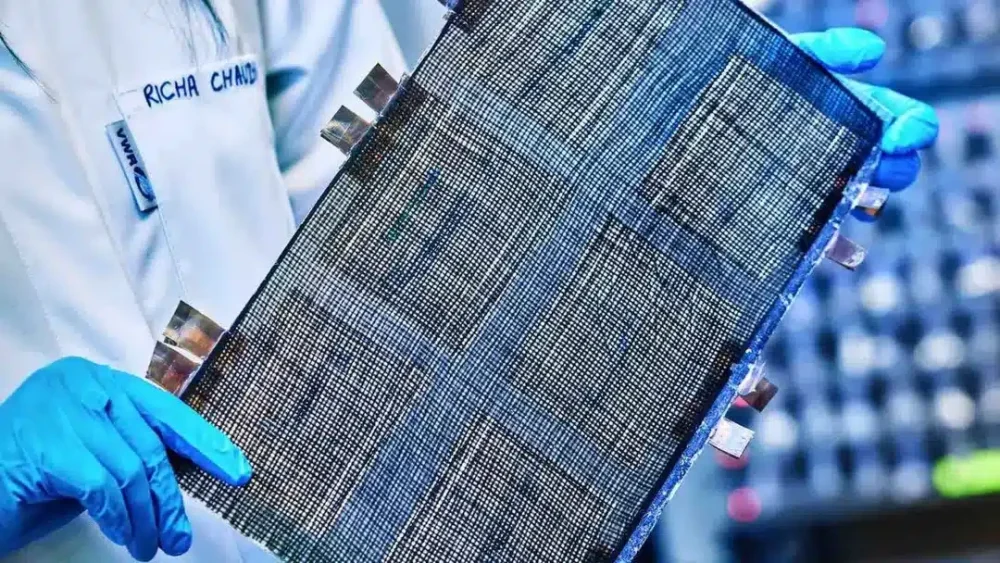A large-scale raid in Malaysia has uncovered nearly 700 counterfeit Seagate hard drives, exposing a growing global problem that now also affects Western Digital and Toshiba. Fraudsters are taking old, heavily used HDDs from the secondary market, resetting their S.M.A.R.T. values to erase signs of wear, and relabeling them as brand-new, high-capacity surveillance drives.
How the Scam Works
- Desktop HDDs are rebranded as specialized “surveillance” drives.
- Fake capacities are advertised, with smaller drives disguised as 18TB models.
- Firmware manipulation hides the real drive age and usage.
- Packaging, stickers, and serial numbers are swapped to look legitimate.
The counterfeiters reportedly made thousands of dollars each month by selling through platforms like Lazada and Shopee. Many unsuspecting buyers only discover the fraud once the drives fail.
Why Should Users Be Concerned
Counterfeit drives aren’t only a waste of money, but they also put data integrity and system stability at risk. Businesses relying on NAS systems, surveillance storage, or archival data could face devastating losses if these fake drives are deployed unknowingly.
Seagate has since strengthened its partner program, demanding stricter sourcing from authorized distributors, but the supply chain remains porous. Even trusted platforms like Amazon have been caught hosting counterfeit listings.
How to Protect Yourself
Buy only from trusted sellers
Stick to official brand stores or authorized distributors. Avoid listings with prices that look too good to be true.
Inspect packaging and labels
Check for missing or suspicious stickers, mismatched fonts, or serial numbers that fail verification on the manufacturer’s website.
Check production dates
If the manufacturing date is ancient compared to your purchase date, that’s a red flag.
Test with software tools
- Use Seagate SeaTools to compare FARM logs with S.M.A.R.T. data (though fraudsters are getting better at faking both).
- Run ValiDrive to confirm actual storage capacity and detect falsely advertised drives.
The Bottom Line
Counterfeit HDDs are more challenging to spot than ever. With fraudsters manipulating not just labels and firmware but also diagnostic logs, the best defense is caution: avoid shady deals, inspect your drives, and stick to trusted retailers. In today’s storage market, if a deal looks too good to be true, it almost certainly is.


